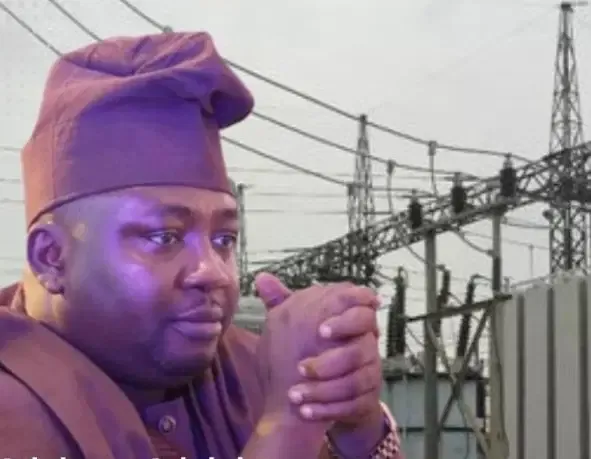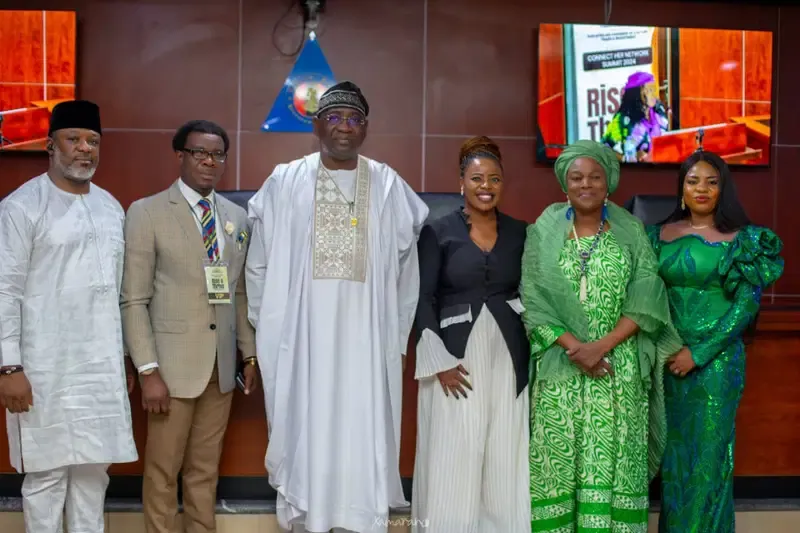One year after his appointment as Minister of Power, Chief Adebayo Adelabu faces mixed reactions regarding his handling of Nigeria’s power sector. While the Minister maintains that power supply has improved, many consumers argue that they have yet to see any significant changes in their electricity service.
Chief Adelabu was assigned the portfolio on August 21, 2023, nearly three months after President Bola Ahmed Tinubu took office. His appointment followed the signing of the Electricity Act, which brought significant changes, including allowing state governments to establish their own electricity markets. Since then, the Nigerian Electricity Regulatory Commission (NERC) has authorized six states to create their own electricity markets. However, one of the most critical policy shifts occurred on April 6, 2024, when NERC permitted electricity distribution companies (DisCos) to bill approximately two million customers in Band-A at market-driven tariffs.
Faced with a potential N3.2 trillion electricity subsidies bill, the Federal Government decided to end subsidies for Band-A consumers in exchange for a minimum guarantee of 20 hours of daily power supply. However, with power supply at one of its lowest levels earlier in 2024 and frequent collapses of the National Power Grid, industry observers assert that much more needs to be done to address the sector’s current liquidity challenges. Notably, the debt owed to power generation companies has risen to N1.3 trillion.
In an interview with Vanguard, Chief Princewill Okorie, Executive Director of the Electricity Consumers Protection Centre, stated that despite the Minister’s visible engagement with stakeholders, there has been no significant improvement in power supply to consumers. Okorie pointed out that most of the Ministry’s policies appear to be based on input from DisCos and NERC, without sufficient consideration of consumer feedback.
“The Minister has been open and engaging, but we have not seen any real attempt to engage directly with consumers,” said Okorie. “There is no unit in the Ministry focused on consumer issues, unlike the units dedicated to generation, transmission, and distribution.”
Okorie emphasized the need for the Minister to address the imbalance between the Ministry’s attention to industry stakeholders and consumers, who continue to invest in the distribution network without receiving adequate benefits from DisCos. He also criticized the migration of consumers to Band-A without corresponding improvements in power supply, labeling the policy as a revenue-driven strategy for DisCos.
Energy market expert Mr. Lenre Elatuyi shared a similar sentiment, noting that Chief Adelabu has not yet presented the National Integrated Electricity Policy and Strategic Implementation Plan, as required by the Electricity Act 2023. Elatuyi expressed concern over the challenges that state governments may face in setting up their electricity markets, especially regarding financial viability and the ability to manage a complex utility sector.
“The Minister has shown commitment and a degree of knowledge about the industry, but we are still waiting for the policy document to see how it aligns with the Electricity Act 2023,” Elatuyi said. “The biggest test for his office will be how the Nigerian Electricity Supply Industry (NESI) will look in the coming months, especially with the Order on bilateral trading and the regulatory autonomy some states now possess.”
In defense of the government’s decision to remove subsidies for Band-A customers, Bolaji Tunji, Special Adviser on Media and Communications to the Minister of Power, highlighted the need to improve the sector’s financial situation. Tunji explained that the subsidy had become





